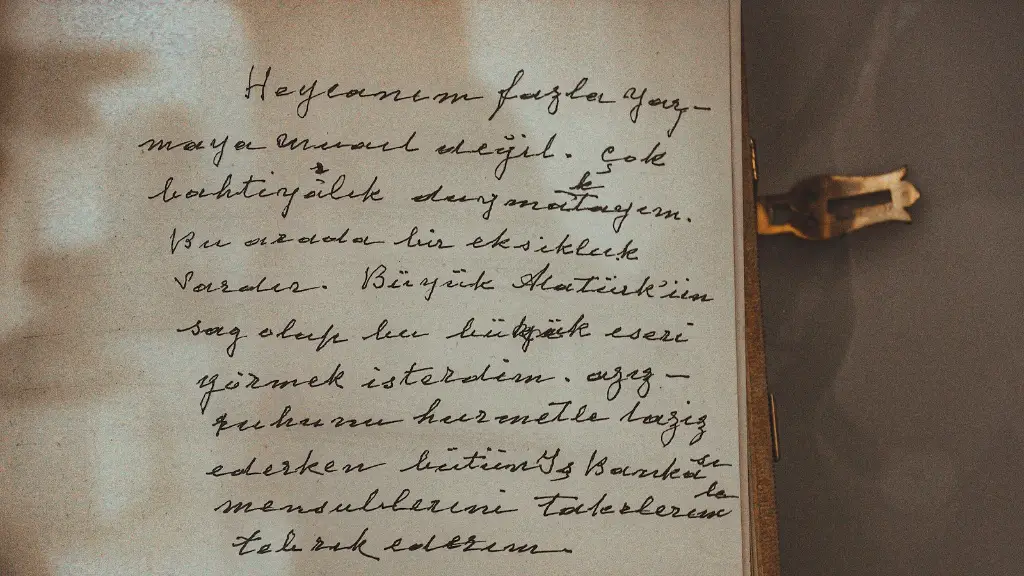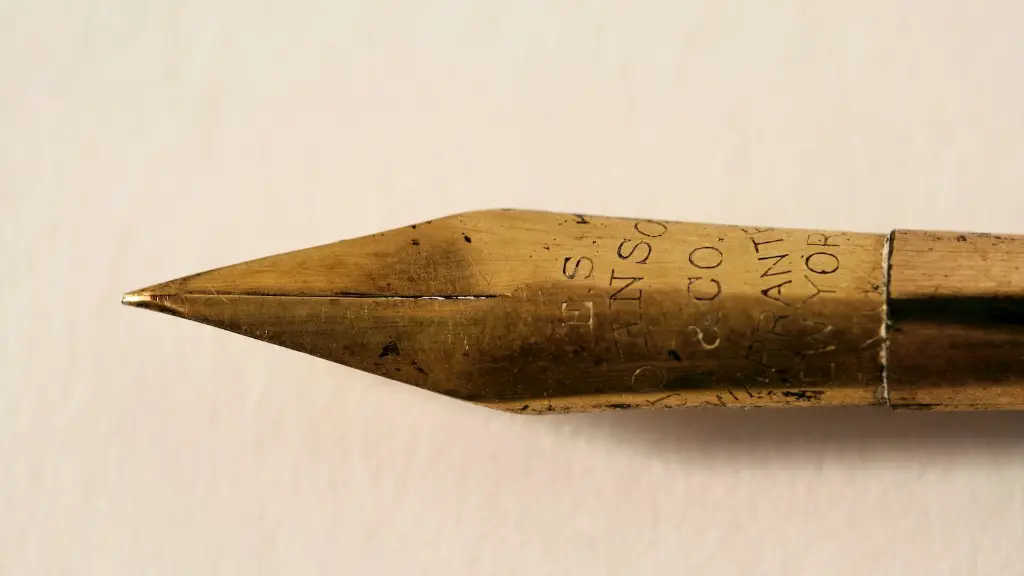Enrich Your Knowledge and Appreciate Poetry
Poetry is a type of literature with a broad range of subject matter and forms, and it can be one of the most captivating ways to express feelings and ideas. With the right guidance and practice, anyone can learn how to read poetry like a professor. Knowing the right techniques can help you interpret and appreciate a poem on a whole different level, including its figurative language, structure, theme, and style.
Recognize the Rhymes and Structure
Start by understanding the rhyme scheme and structure of a poem. A rhyme scheme is the regular pattern of rhyming words at the ends of the lines in a poem. For example, ABAB is a type of rhyme scheme in which the first and third lines rhyme and the second and fourth lines rhyme. Meanwhile, the structure of a poem is determined by the fundamental elements, such as stanzas, meter, and line length. A stanza is a group of lines within a poem that functions as a unit. Meter is the pattern of stressed and unstressed syllables in the lines. A line is a single line in verse.
Identify Figurative Language
Figurative language is an essential tool used in poetry. It consists of the use of words to create images, allusions, and to influence the readers’ emotions. For example, personification is when a poem gives human qualities to non-human things; metaphor compares two different things without using “like” or “as”; and simile uses “like” or “as” to compare two different things. When identifying figurative language, try to think about what the poet is trying to tell you.
Explore the Message of the Poem
Once you are aware of the rhymes, structure, and figurative language of a poem, the next step is to explore its message. According to Dr. Laura Stinziani, a professor of World Literatures and Translingual Writing at the University of Rhode Island, understanding the poem’s theme involves carefully dissecting the poem line-by-line. Moreover, it is crucial to pay attention to the poet’s choice of words and how they relate and contribute to the poem’s message.
Evaluate the Poem’s Style
After exploring the message of a poem, evaluate its style. Being familiar with the different types of styles such as odes, sonnets, or villanelles, can help you recognize one in a poem. Additionally, the poem’s tone has a huge influence on its style because the diction used depends on its mood.
Re-read To Summarize
To understand the poem fully and appreciate it to the fullest, you must re-read it for deeper meaning. In a study published in the International Journal of Literature and Arts, it was found that rereading a poem multiple times enables readers to make connections and offer their own interpretations. Thus, re-engaging with the poem can lead to a deeper level of understanding and appreciation.
Identify Relevant Ideas
Understanding poetry sometimes involves discerning the relationships between different ideas within the text. Connecting ideas to one another can help you in discovering the poet’s overall goal to convey. Using symbols and metaphors, the poet may express a certain point of view in which your task is to recognize.
Analyze Historical Significance
In some cases, understanding the poem’s context is essential for interpreting a poem’s meaning. This may include being familiar with the poet’s life, the meanings associated with certain words, and the poem’s position on the timeline. This information can offer a different perspective on the poem. Moreover, recognizing the strong connection between the poem and the social, political, or cultural aspects of the time can help you gain a better insight into the meaning of the poem.
Allow the Poem To Resonate
In the end, understanding how to read poetry like a professor comes down to understanding yourself and how to allow the poem to resonate with you. Although having knowledge and understanding of the poem’s structure and message is important, it is not enough. Ultimately, it is up to you to provide meaning to it and make a personal connection to the poem.
Engage with Relevant Resources
The task of reading poetry like a professor can be intimidating, especially for those who are not familiar with it. Therefore, reading the reviews and analyses previously done on that particular poem can be helpful in providing a deeper insight into it. Additionally, turning to trusted resources such as books, blogs, and magazines can also be useful.
Captivate Even the Most Experienced Readers
Although being a professor of poetry may take more time and effort, understanding poetry does not require this level of expertise. Literary scholars, poets and authors alike continuously describe the importance of understanding and appreciating poetry. Therefore, it is never too late to practice and enrich your knowledge of reading poetry like a professor.
Enhance Your Imagination and Speed Reading Skills
A helpful tool when reading poems is to practice your speed reading skills. Wanting to quickly skim through the poem’s main points may limit your ability to appreciate it and comprehend its meaning. Consequently, slowing down and taking your time to read can enhance your imagination and help you absorb the poem in a more effective way.
Gain Deeper Understanding through Conversation
Engaging in conversations about a poem can bring forth new perspectives and further deepen your understanding. On the one hand, openly discussing the poem with a friend may help you gain clarity and come to a greater appreciation of it. On the other hand, it can expand your knowledge of literature.
Develop a Connection With Poems
In many cases, people try to understand poetry from a purely rational perspective, neglecting the importance of empathy. Therefore, when reading a poem, it is essential to connect emotionally with its content and recognize how the message resonates with you. This is not to say one should forget facts and figures, but rather, by creating a connection to the poem the reader can better appreciate and comprehend the meaning behind it.
Rely on Your Intuition
Lastly, it is important to trust your intuition when reading a poem. Oftentimes, the first thing that comes to mind may be the one that carries the most truth. As Dr. Stinziani highlights, “tapping into our intuition helps us develop a personal language and understanding of individual poems.” Moreover, intuition can help you in predicting and recognizing the hidden messages in a poem.



